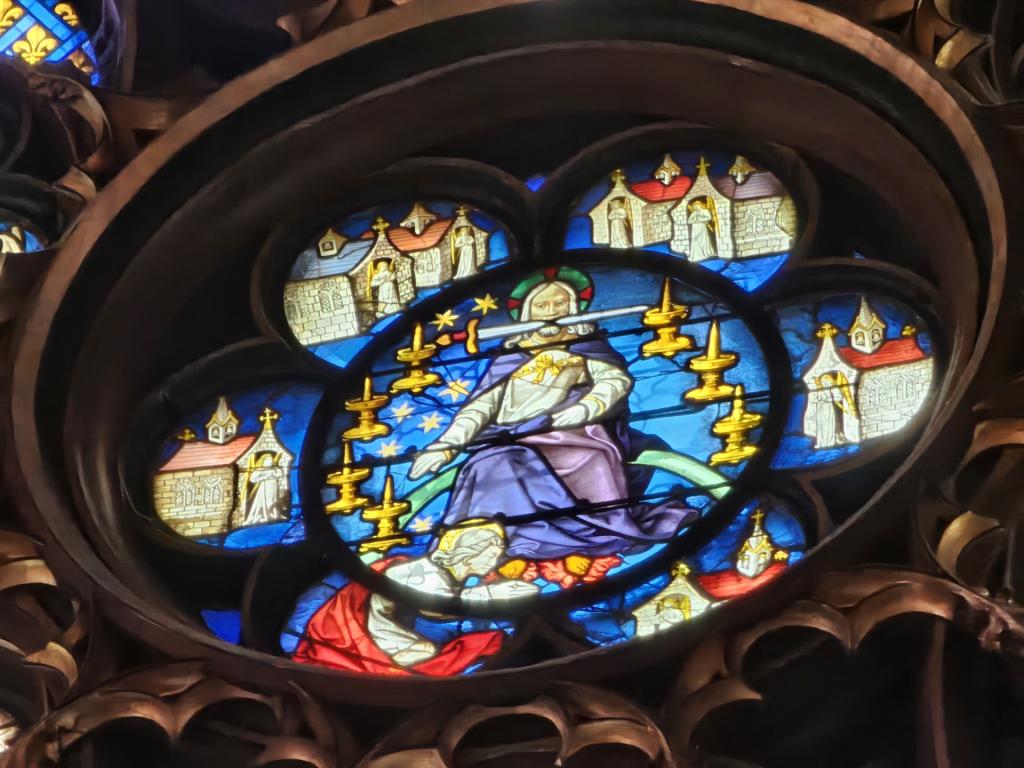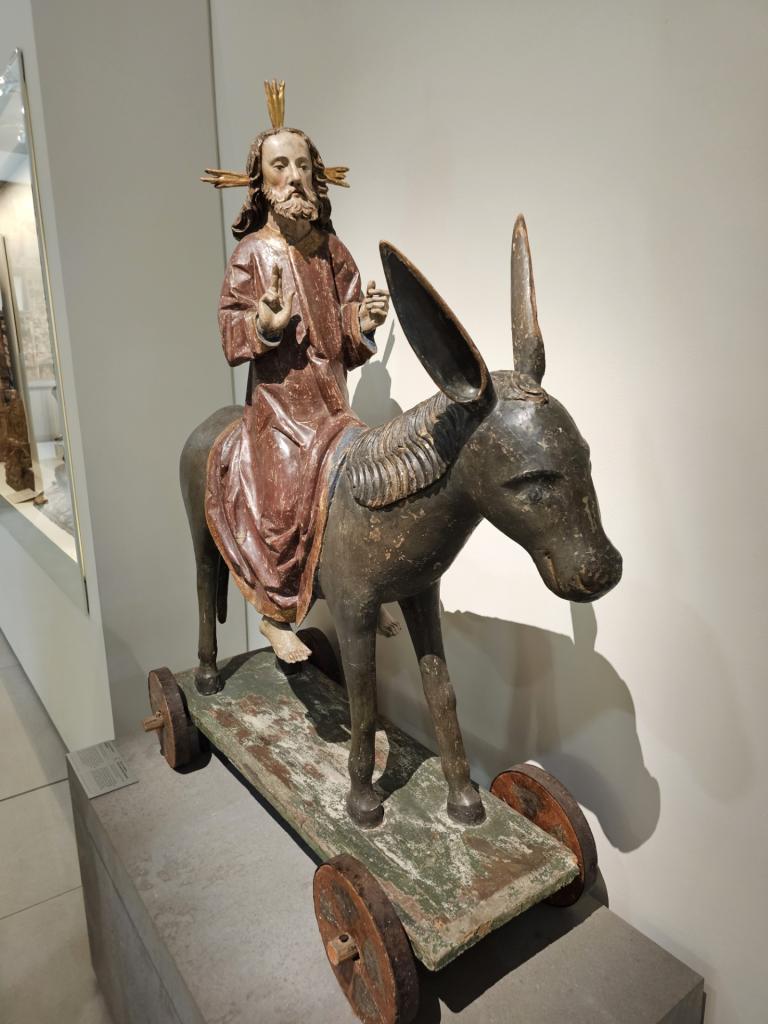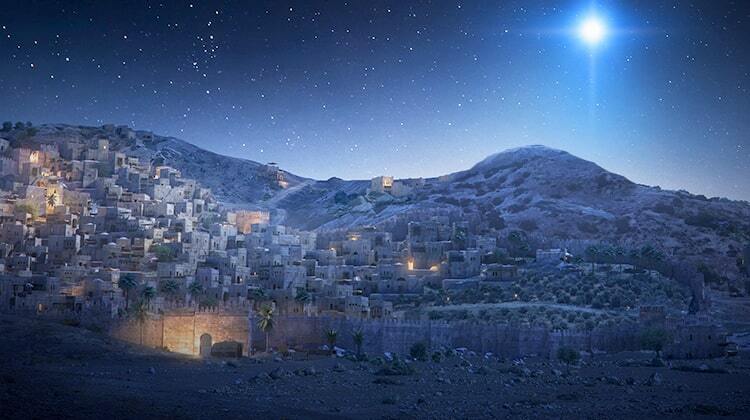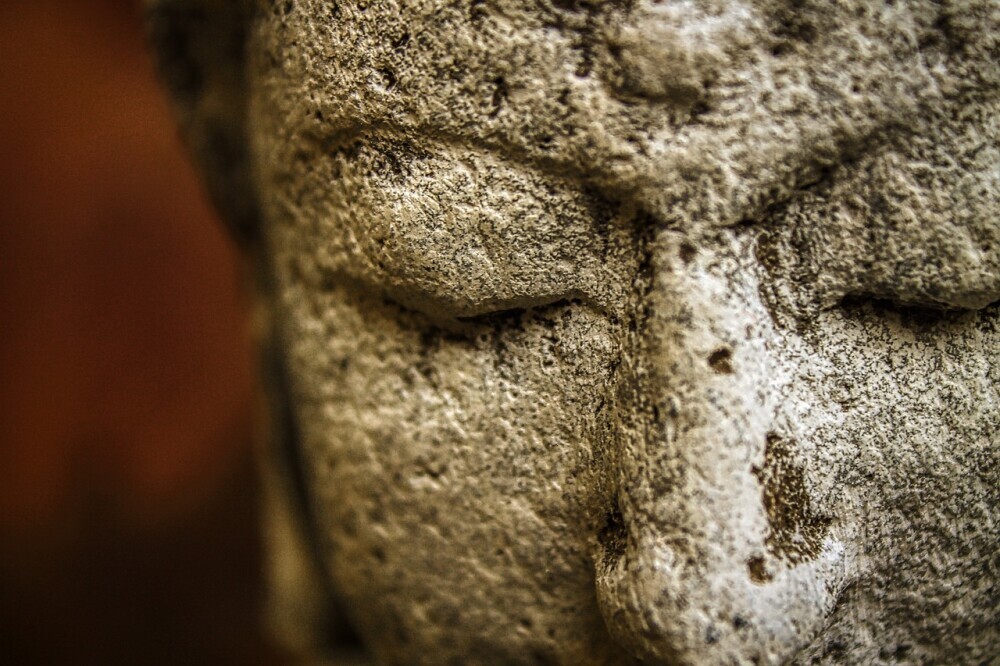CREATURES OF HABIT
Creatures of habit,
Day after day
Go about life,
The same old way.
Nothing disturbs
Their orderly routine
All must be neat,
And all must be clean.
They’re making their lists
And checking them twice,
Trying to make sure
Their work will suffice.
Impatient by nature
They don’t suffer fools
Gladly or otherwise
Because of the rules.
A place for everything
For all there’s a place
Don’t touch the guest towels
But please wash your face.
They insist on living
Orderly lives,
And of course only marry
Orderly wives.
Their homes antiseptic
Their cars always clean,
Their food always healthy
Their meat always lean.
Like ants in an ant hill,
Repeating their tasks
Rest in repetition
Ignore the mask.
Chaos is forbidden
Experiment absurd
Don’t ask for creative
Don’t mention the word.
Creatures of habit,
By whose design?
Is this just human,
Or is it divine?
What if we found
That ordering our sphere,
Is just a misnomer
For controlling our fear?
Fear of the truth,
Fear of falling
Fear of the unknown,
Fear of our calling
Fearing to let go,
Fearing to try,
Fearing to live,
And fearing to die.
Perhaps if we surrender
Control of our lives,
And offer ourselves
To all seeing eyes
We’d find a new freedom
Though not out of bounds
For when he controls us
The order’s profound.
Let go of the death grip,
You have on your life
Inhibit your habits
Without artifice.
Accept serendipity,
Free by design
Eat the new manna
Drink the new wine.
Come to the manger
Kneel at the throne
Realize your ruler
Won’t leave you alone.
Celebrate Christmas
Deliverance declare
You’re freed to inhabit
A creature’s full share.
THEOLOGICAL MUSINGS
“For God is not a God of chaos, but of peace as in all the churches” (1 Cor. 14.33), says Paul, and we can understand his concern. Things can get pretty chaotic if self-centered human beings are all allowed to do their own thing, as seems to have been happening in Corinth. But in fact, we are as likely if not more likely to see over-organization over-controlled situations in the life of individual Christians and indeed in the life of the church, including its worship life and all the more so at Christmas time.
Of course it is true that orderliness in itself is not a bad thing, nor an ungodly thing. But there is an ordering of things that sometimes comes from a deep sense of insecurity in the soul. That insecurity, and its accompanying feeling of chaos or things being out of order, is compensated for by an attempt to control every eventuality. Some people even are obsessive-compulsive about it. Unfortunately this sort of over-compensation often characterizes holiday seasons where one is trying too hard to do things in a way that feeds that nostalgic need for one’s good old days, one’s childhood, and the like. The end result is that we celebrate the greatest creative miracle of God, the Incarnation, in the least creative or innovative ways possible! What is wrong with this picture?
I take it as a Christian axiom that faith, not fear should be the basis of our decision-making in life. When we allow ourselves to be simply creatures of habit who stifle our fears and insecurities by over ordering things, rather than dealing with them we are at the same time quenching the Spirit and renouncing the freedom we have in Christ to be all that we were meant to be. A Christmas celebration without some serendipity is not in the spirit of real Christian celebration. Freedom, even an ‘orderly’ and ordering freedom, like freedom in Christ, is of course a scary concept and prospect, at least to many. And yet they also deplore the deadening effect of mere repetition because “we’ve always done it that way”.
But what would happen if we really took holidays as holy days—times to rest in the Lord, times to turn off the alarm clock, times to get caught up in love, wonder and praise, times to ‘turn and become as a child’ so that we might really enter into the kingdom and royal spirit of the season? I once wrote a poem in which I said:
“Holidays are hollow
Unless they’re hallowed well,
For holidays are holy days
The time for truth to tell.
There’s time to spare
Time to waste
Time to make amends
Time to do most anything
Even make new friends
Holidays, a good time
For writing poetry
A silent, subtle indolence
Inspires creativity.”
My point is simply this. Holy days are prime time, when one needs to allow the land to go fallow, to allow the things that normally order our days to disappear. We need to lose track of all time, except prime time— the creative celebration and worship of the Christ child. Space, silence, rest and worship is in fact the soil from which creative responses to God come forth. At such seasons of the year as Christmas, worship should especially be the primary thing, and all other activities pushed further down the ‘to do’ list, even family celebrations. Worship, whether we realize it or not, restores our souls, renews our hope, redefines our vision, reorients our priorities. And it is in that all-important dialectic between worship and rest that we begin to see the rest of our habits in proper perspective. Once we have seen the vision glorious, once we have experienced the peace that passes understanding (not to be confused with the rest that comes after exhaustion) then perhaps we can release the death grip we tend to have on our lives and the tendency we all have to try and control those lives by ordering activities of various sorts. Sometimes losing or at least loosening one’s grip on one’s life is precisely what needs to happen so that the door is left ajar for renewal, rejuvenation, rebirth, re-creation, and recreation.











 English (US) ·
English (US) ·